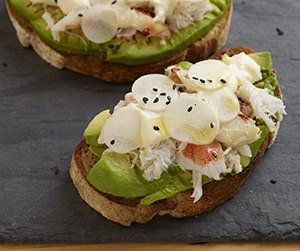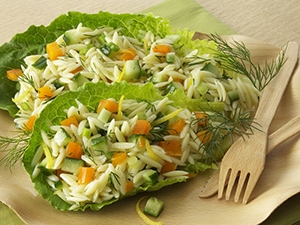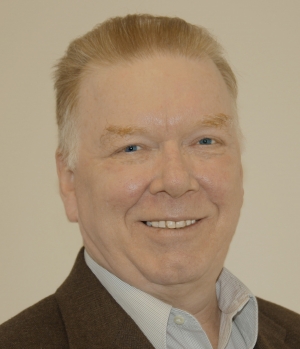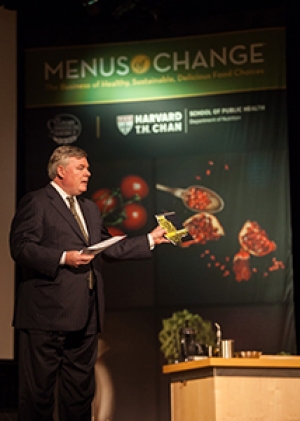Active and Collaborative Learning for Culinary Arts and Hospitality Education
Tuesday, 08 September 2015 20:02Keynote: Strategies, Structures and Styles: Energizing the Classroom
Saturday, 29 August 2015 03:00
Toasting California Avocado Versatility
Tuesday, 04 August 2015 03:00California Avocados are at peak quality through August. When slightly mashed and slathered on toasted bread—which is trending right now—fresh avocados transform a breakfast side into a satisfying meal and provide foodservice with a springboard of creativity.

“Olive Oil. The One You Love.”
Tuesday, 04 August 2015 03:00The North American Olive Oil Association launches a consumer initiative to boost the comparatively low—but greatly improved—per-capita U.S. consumption of 1 liter of olive oil per year.

3 Reasons Why Operators Should Mind (and Mine) Their Big Data (Part 2 of 2)
Tuesday, 04 August 2015 03:00To fully harness the power of restaurant information, operators must first identify where they are on the learning curve and then plot a course to progress along it. While most operators aren’t behind the curve compared to their competition just yet, the landscape is changing, and playing offense is better than defense.

U.S. Foodservice Is a Hotbed of Innovation, but Not Everything’s Rosy
Tuesday, 04 August 2015 03:00According to the CIA-Harvard 2015 Menus of Change Annual Report, innovation and plant-forward menus are on the rise, but so are consumer confusion and climate and water impacts.
The 2015 Menus of Change Annual Report was released at the 3rd Annual Menus of Change® Leadership Summit, held for the first time at the Hyde Park, N.Y., campus of The Culinary Institute of America, which presents the initiative in partnership with Harvard T. H. Chan School of Public Health.
